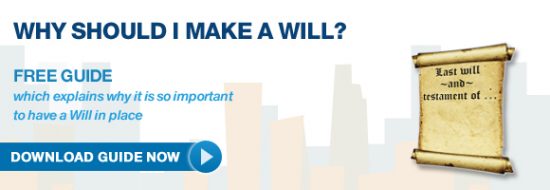
The day is finally here; you've worked hard, made years of payments and now you've got that all-important letter from the bank/lender confirming that you have fully paid off your mortgage. Pop open the champagne, enjoy the moment and have a think about how you are going to spend that extra money each month. But wait, you notice on the letter there's something about discharging the mortgage, what does this mean?
The concept is fairly simple, when you use a mortgage to buy a property the lender will "register their charge" over the title through a legal document known as a Standard Security. All this means is that although it is your name registered as the owner of the property, the lender's name will also be disclosed on the title deeds. This reassures the bank that you won't be selling the property without paying them in full first. The truth of the matter is that you don't technically need to discharge it, unless you are planning on selling or transferring the property to someone else. However, many people take the opportunity to discharge as soon as the mortgage has been paid off for peace of mind and to prevent any problems further down the line.
Read more: What is a gifted deposit for first time buyers?
Will this take a lot of time and money like buying the house in the first place?
Absolutely not. The process for discharging a mortgage is relatively simple and you are not required to sign anything in order for this to be completed. In fact, if you have visited your solicitor recently and they have up to date ID documentation for you, there may be no need for you to even visit the office. Simply provide your solicitor with a note of the account number and proof of payment. They'll be able to do the rest.
Do I have to go back to my original solicitor who bought my house for me?
No. Any firm of solicitors who deal with conveyancing work will be able to complete the discharge for you. As this is a fairly simple piece of work, you can expect them to charge a modest fee with only one significant outlay being a £60/£80registration fee. How long this takes will depend on a lot of different factors. The process may involve the solicitors liaising with your mortgage provider to have a discharge deed signed and there is always a registration process to be completed. If all goes to plan, it shouldn't take much longer than a few weeks.
Recent changes to discharges in Scotland
There has recently been the introduction of the Digital Discharge Service in Scotland meaning that discharging a mortgage is easier, quicker and cheaper than ever before. Your solicitor will be able to confirm whether your mortgage provider is signed up to this service.
At TC Young we are well versed with the Digital Discharge Service so if you need assistance in discharging your mortgage, please contact our Conveyancing Team.

